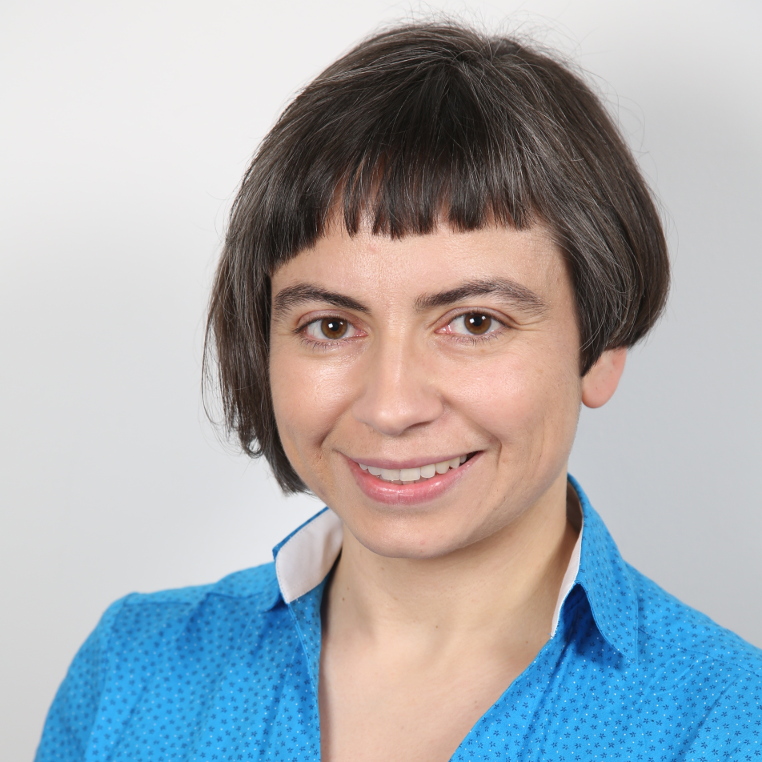Keynote Speakers
Professor Shane Dawson
– University of South Australia, Australia –

Shane Dawson is the Director of the Teaching Innovation Unit, Co-Director of the Centre for Change and Complexity in Learning (C3L) and Professor of Learning Analytics at the University of South Australia.
As a founding executive member of the Society for Learning Analytics Research, past program and conference chair of the International Learning Analytics and Knowledge conference and an inaugural co-editor of the Journal for Learning Analytics, Shane has been supporting the development of Learning Analytics over the past decade and more.
He has published widely on topics from creative capacity to social network analysis and the application of learner ICT interaction data to inform and benchmark teaching and learning quality. His current research interests relate to complex systems and academic leadership to aid adoption and application of learning analytics at scale.
With the support of many talented colleagues, Shane has been involved in the development of numerous open source software including the Online Video Annotations for Learning (OVAL), OnTask (a personalised learner feedback tool), and SNAPP, a social network visualization tool designed for teaching staff to better understand, identify and evaluate student learning, engagement, academic performance and creative capacity.
Talk: Learning Analytics – A field on the verge of relevance?
A decade ago the first learning analytics and knowledge conference brought together a range of disciplinary experts to explore how the science of learning could be advanced through analytics. From this initial small gathering, the field of learning analytics has risen in prominence and, by any measure, can be considered a resounding success.
This talk evaluates the key accomplishments of the field to date: what kinds of questions have researchers answered? What has been the impact? After reviewing the legacy of LA over the past decade, this talk will turn its focus to current and future states of the field. How society and researchers view data has changed dramatically over the past decade as concerns of equity, privacy, ethics, machine learning and AI have become public conversations.
The long term impact of LA will depend on how the field engages with dissenting voices while retaining a scientific view of learning and knowledge processes. As LA-based research, funding options, new degree programs, and commercialization of LA technologies develop, implications will continue to move from lab environments into classrooms and into society.
There is a clear imperative to examine the longer term relevance of the field. What is our role as researchers in this transition? What roles should leadership, including SoLAR executive, play in anticipating and responding to public misinformation and misunderstanding regarding what is possible and what is ethical with educational data?
This talk will conclude by addressing the pressures confronting education and how the LA field can best respond.
Professor Milena Tsvetkova
– London School of Economics and Political Science, The United Kingdom –

Milena Tsvetkova is Assistant Professor at the Department of Methodology at the London School of Economics and Political Science.
She is a sociologist by training and her research interests reside in the field of computational social science. In her work, Milena uses large-scale web-based social interaction experiments, network analysis of online data, and agent-based modeling to investigate fundamental social phenomena such as cooperation, social contagion, segregation, and inequality.
Milena’s research on online collaboration and crowdsourcing platforms such as Wikipedia and Topcoder has direct relevance to online learning communities. Currently, she is collaborating with computer scientists, physicists, organizational scientists, and game developers to incorporate gamification and citizen science into student learning.
